They presented their calculations yesterday along with suggestions for covering this new expenditure for the State budget. This is their answer to Minister of Labor and Pension System Marko Pavić's proposed reform.
The Minister claims that cost of pension bonus of 27% for citizens saving in the second pillar stands at some HRK 40 billion by 2040, stressing that this is difficult to cover. Heads of pension insurance funds noted that the figure is accurate, but stressed that the cost is split across the period, which makes it look less scary.
The cost will stand at some HRK 27 million in 2019, followed by 53 million in 2020, 89 million in 2021 and 140 million in 2022, with the figure exceeding 1 billion annually in 2030. They pointed out that public finance can manage this cost, especially since economic growth is expected.
Sale of property
If the Government is prepared, funds pointed out that they can be of great help to the State with regard to financing, but called for correction of investment limits.
How could they help? The Government would have to sell some of its property so funds can invest in it, they noted, such as the Hrvatske autoceste (HAC) motorway management company (60%), the Adriatic Croatia International Club (ACI) nautical tourism company (50%), the Hrvatska elektroprivreda (HEP) power utility (30%) and the JANAF oil pipeline operator (25%). According to their assessment, investments in said companies could stand at some HRK 15 billion if the State "gives up" some shares. This could be arranged by the funds exchanging State bonds for shares of State-owned companies.
"The State could get rid of bonds, which would lower public debt between 6% and 7%, as well as immediately save HRK 820 million in interest. We have already discussed this, but have not received a reply," said PBZ-CO pension insurance fund CEO Dubravko Štimac. However, he noted that the Government was "not unresponsive" to the suggestion and added that the plan could be implemented immediately.
As far as pensions go, they noted that the Government should recognize proportionate right to the bonus of 27% for citizens saving in the second pillar as that would remedy the injustice and grant equal rights to all citizens. "Especially because all citizens, including those saving in the second pillar, are paying intergenerational solidarity contributions, which are used for paying the pension bonus," said Štimac on behalf of pension insurance funds.
Heads of pension insurance funds stressed that, in that case, everyone except citizens whose wage is lower than 75% of average wage would immediately benefit from the combined pension insurance system and the State would cover the difference.
Their calculations on pensions and effects on public finance up to 2042 are based on real return of funds of 3% (thus far funds operated with real return of 3.7%), with experts at the Pension Insurance Institute (HZMO) providing data. It appears that the suggestion of pension insurance funds, even though HZMO experts do not agree with all calculations and parameters, is far more favorable for pensioners and costs the State less.
This is an example of that will happen with public finance if savings are moved from the second pillar to the first one. Some 1,673 citizens will retire in 2019 and move HRK 290 million to the first pillar while receiving 44 million that year.
Implicit debt
This would result in positive cash flow of HRK 246 million that year, that is how much the State would have left over. However, the State took over an obligation as well, the implicit debt for paying pensions in coming years, which would stand at HRK 934 million in 2019. Calculations of pension insurance funds show that, as the years pass, moving savings to the first pillar causes positive cash flow for public finance as well as growth of implicit debt for payment of future pensions that have been "moved," reaching as much as HRK 111 billion in 2039.
"That would come out of the pockets of our society and our children. Even if it is not HRK 111 billion, it will be close," said Štimac and called on the Government to show responsibility towards future generations. "This implicit debt points towards decline of pensions or growth of taxes. We will be in big trouble," stressed Štimac. Suggestion of pension insurance funds creates debt for the State as well, with the aim of equal treatment, but not as high (according to their data, it would stand between HRK 50 billion and 60 billion).
The chart they presented of cash flows for the State budget in both scenarios was interesting. "This is the scary part of the story," said Dubravko Štimac. Cash flow from the second pillar into the budget becomes significant only after a large number of citizens retire, starting with 2026. However, their chart shows that flow from the second pillar slows down in 2039, creating negative cash flow. Why is that? "Because that is when it makes more sense to stay in the second pillar, even without the bonus of 27%, so there is no more flow towards the first pillar and the State had already taken over HRK 111 billion worth of implicit debt. Game over," Štimac concluded.
Higher pension
Pension insurance funds pointed out that their suggestion meets the important requirement of securing growth of pensions in the future, which is higher compared to what the Ministry suggested. According to their calculation, citizens who worked for average wage would receive pension of approximately HRK 7,300 in 2042, in contrast with Minister Pavić's suggestion, which would leave said pensions lower than 5,868. For citizens who work for 40% of average wage, pension would stand at HRK 3,699 in 2042 according to plans of pension insurance funds, or 3,423 according to the Minister's plans.
Without the bonus of 27%, the system is not better for most as they have been saving for too little time. It would become better in 2038. "We need time," say pension insurance funds. However, with the bonus of 27%, the system would immediately be better for everyone, rather than only citizens with net wage between HRK 674 and 2,021, stressed pension insurance funds.
They stressed that only the combined system, one that includes capitalized savings in the second pillar, guarantees stability of the pension system and public finance in the light of demographic changes.
"As the second pillar gradually takes over larger burden, cost of pensions for the State will go down as well," they concluded.






Komentari
0